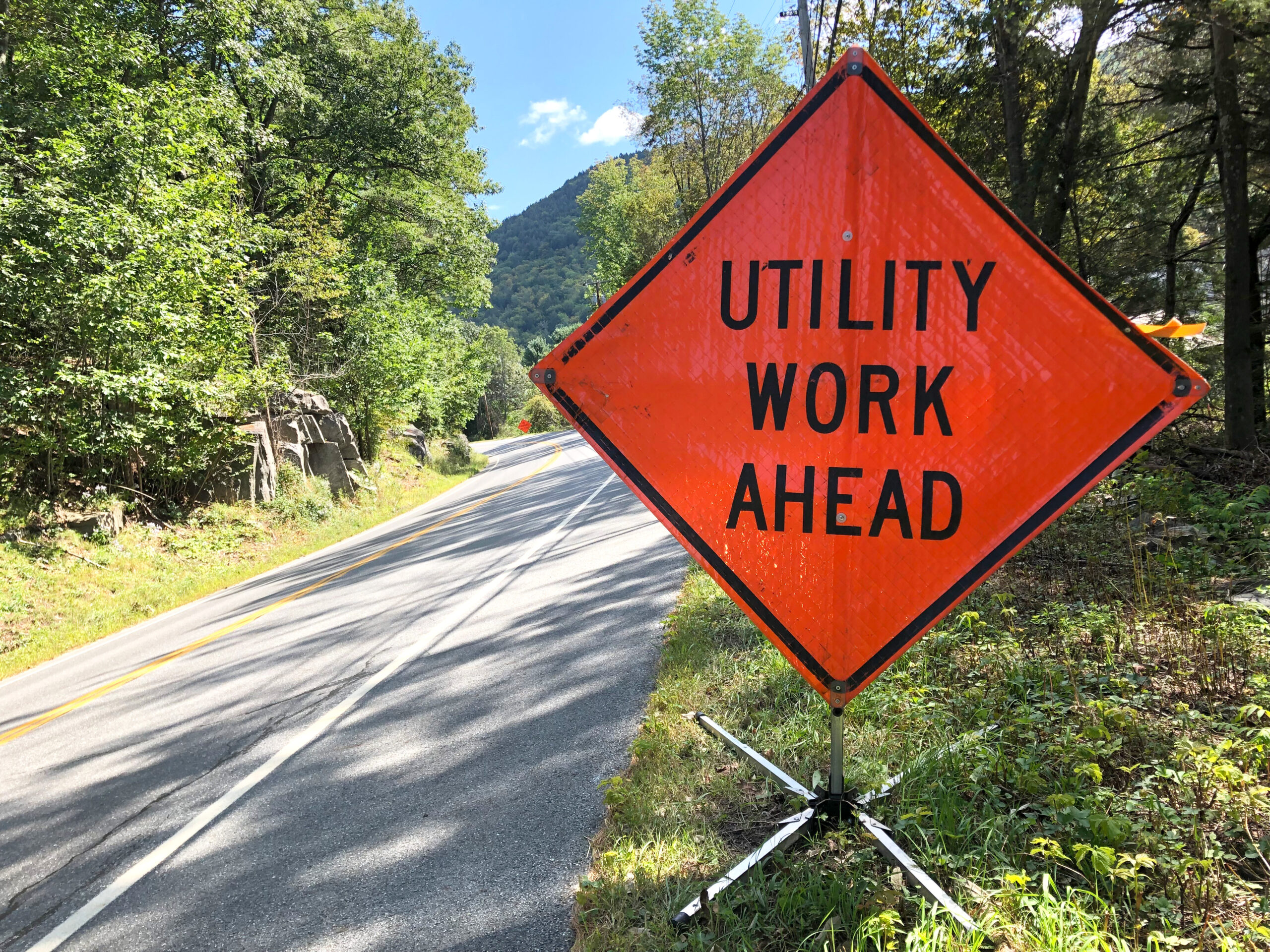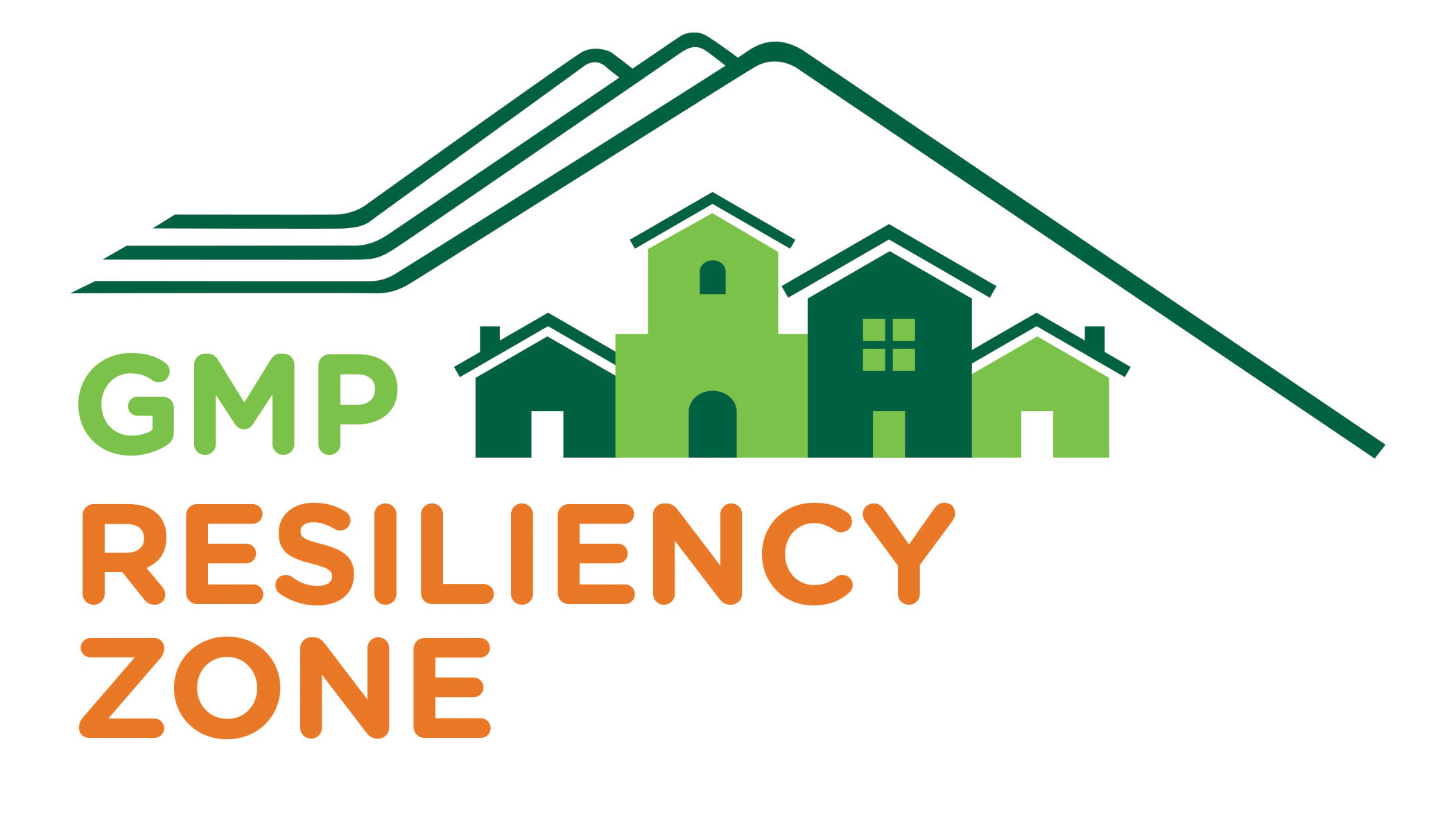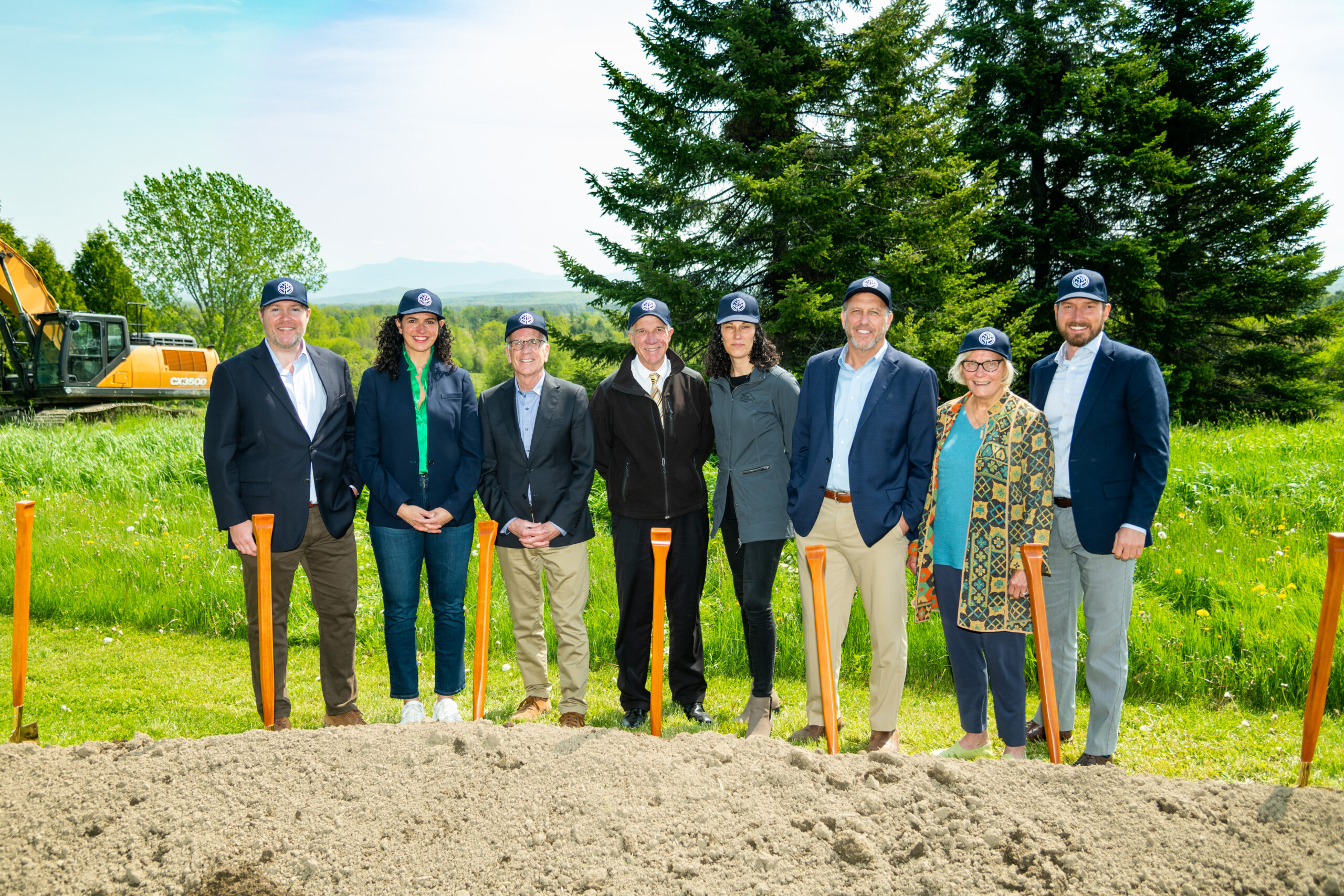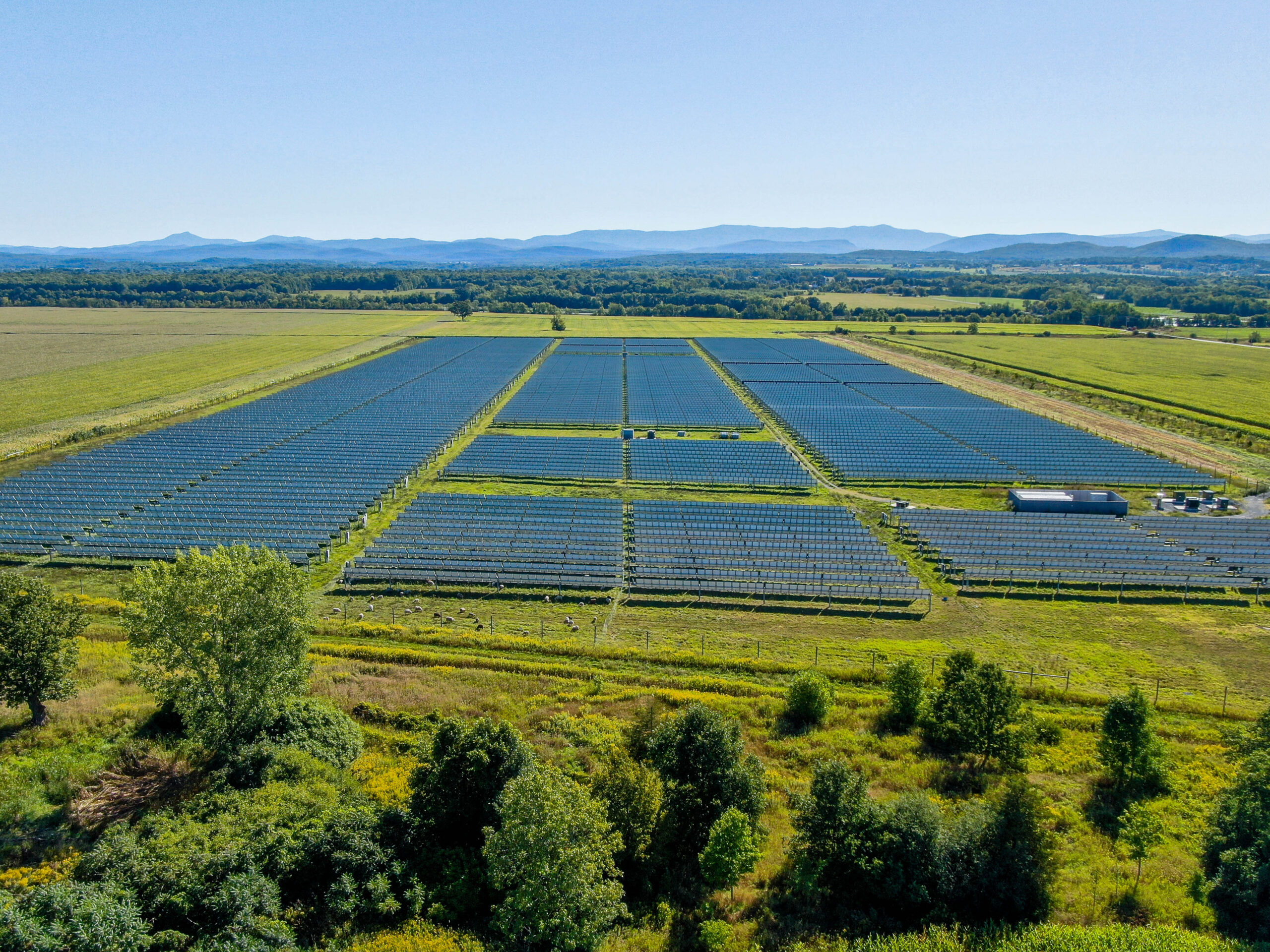
Green Mountain Power Launches First in Nation 2030 Zero Outages Initiative

– The Zero Outages Initiative will deliver an energy system by 2030 where customers stay powered up across the state while reducing costs
– Urgent need following devastating year of severe climate change-driven storms
– Initiative rapidly accelerates proven energy storage programs, proactive line undergrounding, and system storm-hardening
COLCHESTER, Vt. – Green Mountain Power (GMP) today launched its Zero Outages Initiative, the first utility in the country to commit to a comprehensive, data-driven plan that creates layers of resiliency across Vermont by building on GMP’s successful and proactive undergrounding and storm-hardening of lines, as well as deployment of energy storage through batteries and microgrids. Combined, this work will keep customers and communities connected while lowering costs for all. The phased initiative rapidly accelerates this resiliency work through 2030, tackling the hardest hit areas in rural central and southern Vermont first, following a devastating year for the state that saw an unprecedented string of damaging storms due to climate change.
“We all see the severe impacts from storms, we know the impact outages have on your lives, and the status quo is no longer enough,” said Mari McClure, GMP president and CEO. “We are motivated to do all we can to combat climate change and create a Vermont that is sustainable and affordable, but we must move faster. Together with our customers, regulators, our communities, and that Vermont spirit that manages to innovate despite all odds, we have all we need to revolutionize the energy system and ensure a stronger, more affordable Vermont.”
Here’s how it works: the Zero Outages Initiative leverages circuit-level resiliency data, combined with the Centers for Disease Control (CDC) community vulnerability data, topography, and other metrics to determine the right resiliency approaches for each of GMP’s 300 circuits. This ensures that all customers experience zero outages, whether in a remote area, or in a densely developed downtown.
The Zero Outages filing with regulators addresses the first phase of the initiative and calls for an investment of up to $280 million over the next two years, with $250 million of that for undergrounding and storm hardening lines, and $30 million for energy storage. The second phase of the initiative will involve another filing with regulators and will seek approval to accelerate and expand beyond 2026, while outages and associated repair costs start to drop off.
For context, major storm costs are escalating and not sustainable. In the past twelve months alone, major storms required more than $45 million in repairs. Since 2013, major storms caused $115 million in damage across GMP’s service area, with 60% of that in the last five years, 40% of that in just the last two years, and the $45 million in 2023 was the most yet. That is money spent to repair the existing system and get customers reconnected after storm damage, and it does not prevent future outages.
“Projects to reinforce the grid and integrate energy storage are more important than ever. We know that we will continue to see an increase in extreme weather events, and research shows that every dollar invested in disaster preparedness and mitigation ultimately saves several times more in avoided response and recovery costs, while also preventing health and safety impacts,” said Jeff Schlegelmilch, Director of the National Center for Disaster Preparedness at Columbia University’s Climate School. “Building resilience into the grid is essential to sustaining this lifeline, which facilitates broader well-being.”
During the unprecedented storms over the last several years, some Vermonters have already experienced the benefits of the type of work planned under the Zero Outages Initiative. GMP has already installed 50 miles of underground lines in rural residential areas and those customers did not experience damage to those lines during these major storms. In addition, where spacer cable has been installed, trees from outside the rights-of-way fell on the lines, but did not cause an outage.
The three worst storms in GMP history, in terms of outages, happened in just the last twelve months, with highly skilled lineworkers like Mike Tyler based out of Rutland working around the clock to repair storm damaged equipment and get customers reconnected.
“This will be a game changer. For customers, the lights stay on for them, and then for us in the field, it increases safety. Every line worker I know has had a close call, and being up on a pole when there is a big gust of wind isn’t a great feeling. Our exposure to the most severe elements will be reduced with Zero Outages, and our neighbors stay powered up,” said Mike Tyler.
Energy storage and microgrids are also key to this multi-year initiative, which also anticipates incorporating emerging technologies like vehicle to home, as another method of achieving storm resiliency for customers. The Zero Outages Initiative would provide residential batteries to customers in remote locations, delivering resiliency where it is needed most first, with a goal to have all customers have energy storage. GMP’s industry-leading experience over the last couple of years, partnering with customers on innovative approaches shows that they cost-effectively keep customers powered up even when storm damage happens. Examples include GMP’s home battery programs, community microgrid and Resiliency Zones, and a resilient all-electric neighborhood which is under construction now.
GMP customer Kathy Grise of Colchester says having batteries through GMP has made a difference for her and her family during storms and any outage.
“It is seamless and provides such peace of mind. We stay safe and connected, plus I’ve been able to continue working from home, which is so important.”
Vermont regulators recently agreed to GMP’s request to lift the enrollment cap on its home battery programs, so all customers who’d like to get cost-effective home batteries can now sign up. There are currently 5,000 batteries in customers’ homes, part of GMP’s larger stored energy network which also includes utility scale batteries, controllable devices like EV chargers, and school bus battGMP eries through V2G.
This filing kicks off a public review process through the Vermont Public Utility Commission. If approved, the first projects could get underway in the spring/summer of 2024.
About Green Mountain Power
Green Mountain Power serves more than 270,000 residential and business customers in Vermont with electricity that’s 100% carbon free and 78% renewable on an annual basis, and GMP is partnering with customers to improve lives and transform communities. GMP is providing solutions to cut carbon and is delivering electricity that is clean, affordable, and always on. GMP is the first utility in the world to get a B Corp certification, meeting rigorous social, environmental, accountability and transparency standards and committing to use business as a force for good. In 2022, GMP was named to TIME’s list of the 100 Most Influential Companies. Fast Company named GMP one of the top five Most Innovative Companies in North America in 2022. GMP also earned a spot on Fast Company’s Most Innovative Companies in the World list in the energy sector four years in a row, and in 2023 and 2021 the Smart Electric Power Alliance (SEPA) honored GMP as a nationwide leader in energy transformation.
We all see the severe impacts from storms, we know the impact outages have on your lives, and the status quo is no longer enough. We are motivated to do all we can to combat climate change and create a Vermont that is sustainable and affordable, but we must move faster. Together with our customers, regulators, our communities, and that Vermont spirit that manages to innovate despite all odds, we have all we need to revolutionize the energy system and ensure a stronger, more affordable Vermont.
Mari McClure, GMP president and CEO


